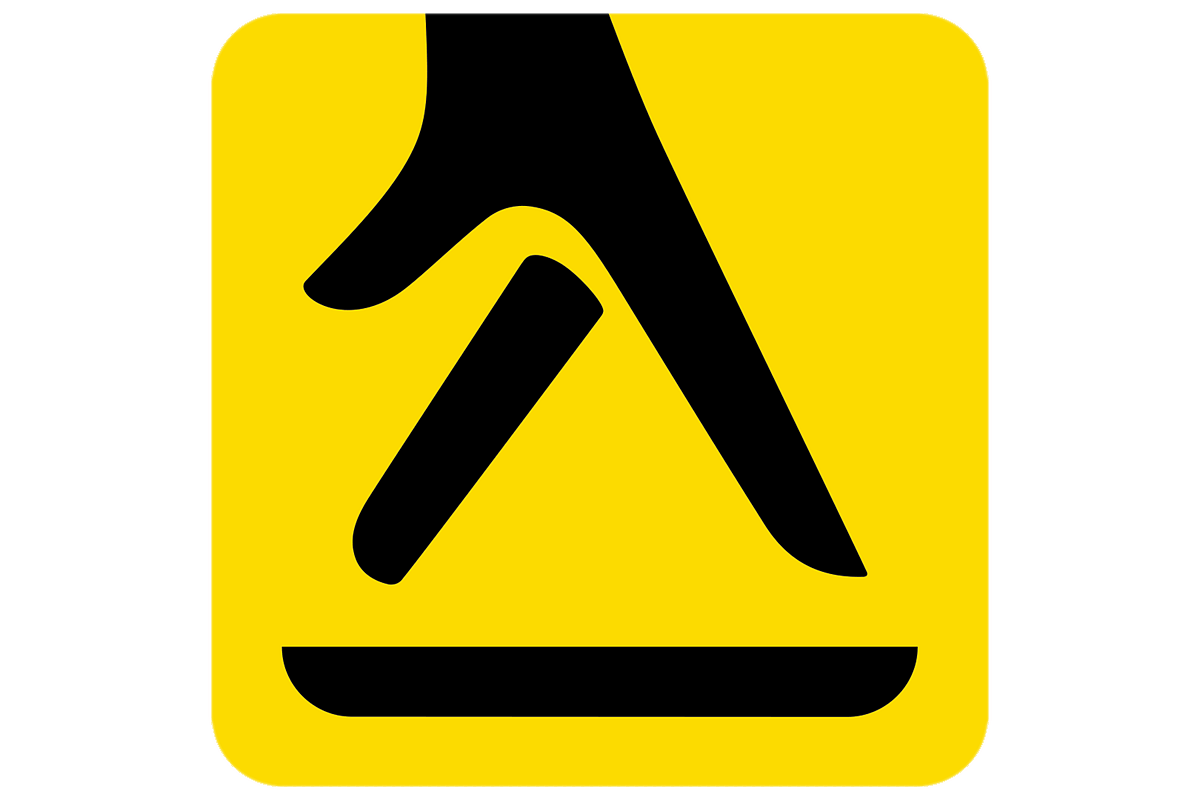In this informative blog, we will be discussing fire prevention strategies related to chimney usage. Whether you are a new homeowner with a fireplace or have been enjoying the warmth of a cosy fire for years, it is important to understand proper burning practices, the significance of dry wood, and the role of regular chimney cleaning in minimising the risk of chimney fires.
The Importance of Proper Burning Practices
When it comes to enjoying a fire in your fireplace, proper burning practices are crucial for both your safety and the longevity of your chimney. Here are some key points to keep in mind:
- Using the Right Fuel: It is recommended to use seasoned hardwood such as oak, ash, or birch for a clean and efficient burn. Avoid burning wet or green wood as it can produce excessive smoke and creosote buildup.
- Building Small Fires: Opt for smaller fires to ensure complete combustion and minimise the risk of excessive creosote buildup. Avoid overloading the fireplace with too much wood.
- Using a Fire Grate or Fireplace Screen: A fire grate or fireplace screen helps to prevent sparks and embers from escaping, reducing the risk of accidental fires.
The Significance of Dry Wood
Dry wood plays a crucial role in preventing chimney fires. Burning wet or green wood can create excessive smoke and cause creosote buildup in the chimney, leading to a higher risk of fires. Here are a few tips to ensure you are using dry wood:
- Seasoning Wood: Properly seasoned wood has a moisture content of around 20%. To season wood effectively, cut and split it into logs and allow it to dry for at least six months before usage. Store the seasoned wood in a dry and well-ventilated area.
- Testing Wood Moisture: You can use a moisture meter to test the moisture content of your firewood. Ideally, it should be below 20% for optimal burning.
- Purchasing Pre-Seasoned Wood: If you don’t have the means to season your own wood, consider purchasing pre-seasoned firewood from a reliable supplier to ensure it is dry and ready for burning.
The Role of Regular Chimney Cleaning
Regular chimney cleaning is essential to prevent chimney fires. Over time, creosote, a highly flammable substance, builds up in the chimney lining. Here are a few reasons why regular chimney cleaning is crucial:
- Creosote Removal: Professional chimney sweeps in Stockport, such as Rotasure, have the expertise and tools to thoroughly clean your chimney, removing any creosote buildup. This helps to minimise the risk of chimney fires caused by combustible creosote.
- Identification of Issues: During routine chimney cleaning, professionals can identify any issues such as cracks, blockages, or other potential fire hazards. Addressing these issues promptly ensures the safety and efficiency of your fireplace.
- Safety Inspections: Regular chimney cleaning often includes a safety inspection, ensuring that your chimney and fireplace are functioning properly and meeting safety standards.
Conclusion
Preventing chimney fires is crucial for the safety of your home. By following proper burning practices, using dry wood, and scheduling regular chimney cleaning, you can significantly reduce the risk of chimney fires. Remember, when it comes to your fireplace, it’s better to prioritise safety and take preventive measures. If you need professional chimney sweeping services, don’t hesitate to contact Rotasure for expert assistance and peace of mind.


